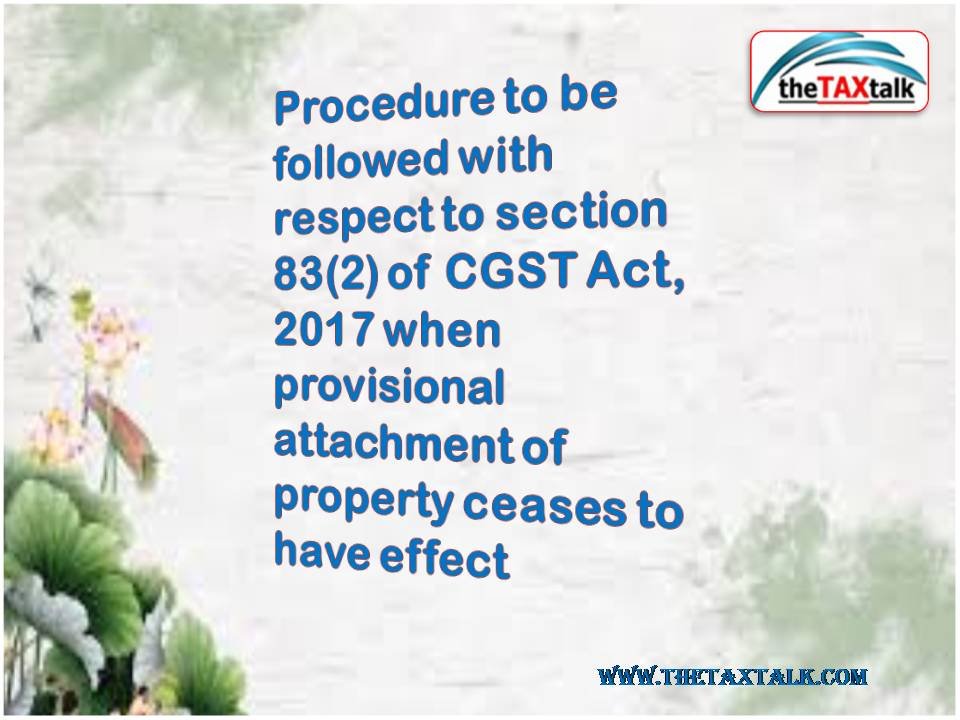If you moved this year, you had to get settled in your new community and make it feel like home for yourself and your family. If you moved from one state to another, you had even more to do, as you registered to vote in your new state and got a new driver’s license. And now that it’s tax time, there’s more you need to do.
Luckily, you still have just one federal tax return to file, but now you need to file a tax return in the state you moved from and the state you have moved to. That means you’ll have three tax returns you’ll have to file this year unless you are lucky enough to have moved into or out of a state without an income tax.
If this is you, don’t worry. TurboTax will guide you and help you easily file multiple state tax returns based on your entries. If you have questions, you can also connect live via one-way video to a TurboTax Live tax expert from the comfort of your home.
Filing Part-Year Resident Tax Returns
For the year of your move, you’ll file a part-year resident tax return in each state, but don’t worry – you won’t have to pay double the state tax. Each state taxes the income that was earned in that particular state, but most states don’t tax the income earned in the other state. If that’s the case for you, you’ll divvy up your income between the two state tax returns.
For example, if you moved on June 30, your income through that date will be reported on the tax return you file for the state you used to live in, and your income after that date will be taxed by your current state of residence.
If you had income from interest or dividends that was paid ratably during the year, you’ll divide that in accordance with the number of days you spent in each location – 50-50 if continuing with the June 30th example.
Or if you know how much you earned in each state, for example, you closed a savings account in your old location and opened one in your new location, you can report the exact income you earned in each state.
A few states require that you report all your income for the year to that state if you are a resident at the end of the year. If you have to report some of that income to your old state as well, you may be worried that you are paying double state tax on that income.
But don’t worry! On the tax return for your new state, you can claim a tax credit for tax paid to your old state on the same income. That tax credit will offset the extra tax on the income you had to report to both states.
TurboTax Has You Covered
Don’t worry about knowing the tax implications of moving to a new state — TurboTax will ask you simple questions about you and give you the tax deductions and credits you’re eligible for based on your entries.
If you have questions, you can connect live to a TurboTax Live tax expert with an average 12 years experience from the comfort of your home to get your tax questions answered. Meet with a TurboTax Full Service expert who can prepare, sign and file your taxes, so you can be 100% confident your taxes are done right. Start TurboTax Live Full Service today, in English or Spanish, and get your taxes done and off your mind.












![TDS Rate Chart for FY 24-25/AY 25-26 as released by IT-Department [Download pdf]](https://digitalaiaccountant.com/wp-content/uploads/2024/03/TDS-Rate-Chart-for-FY-24-25AY-25-26-as-released-by.jpg)
